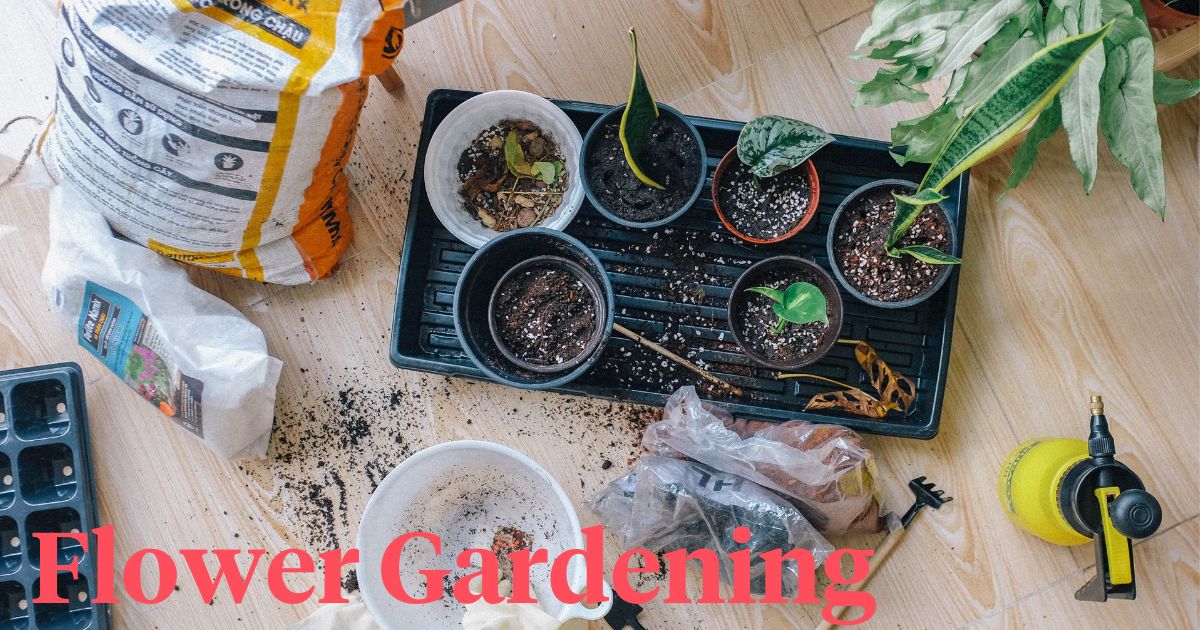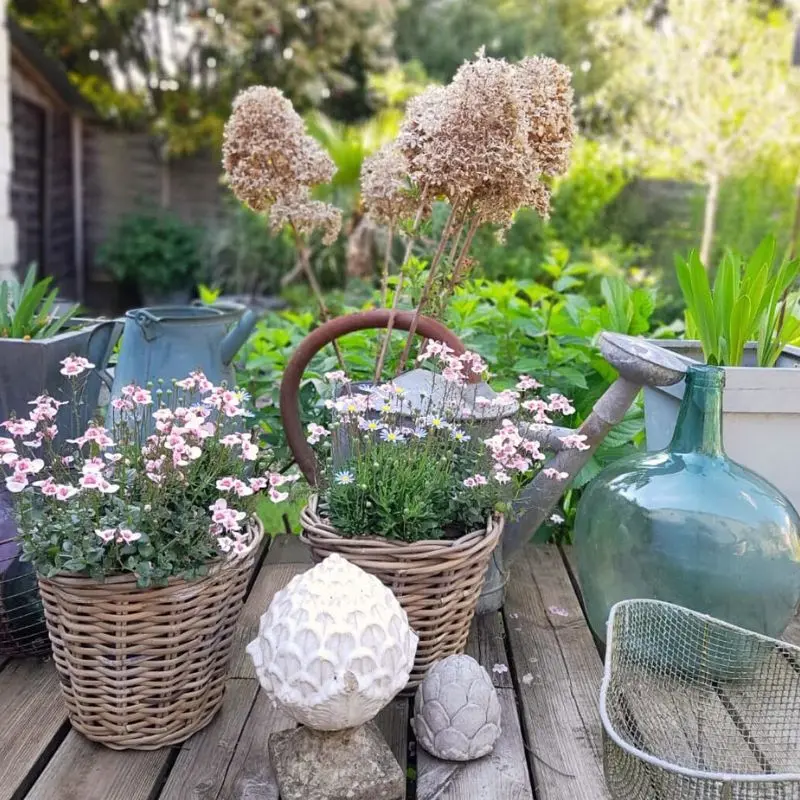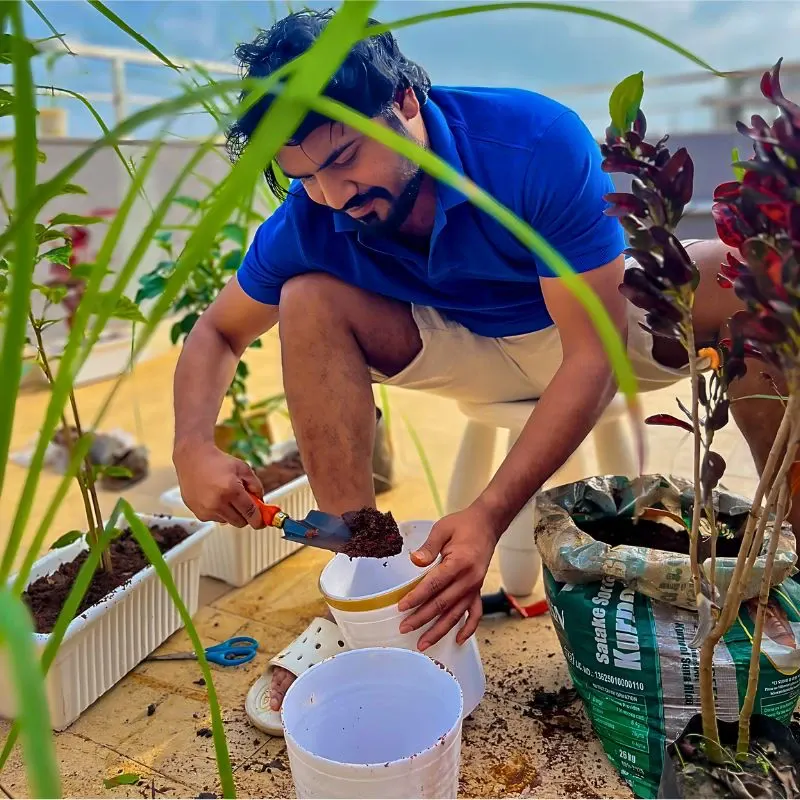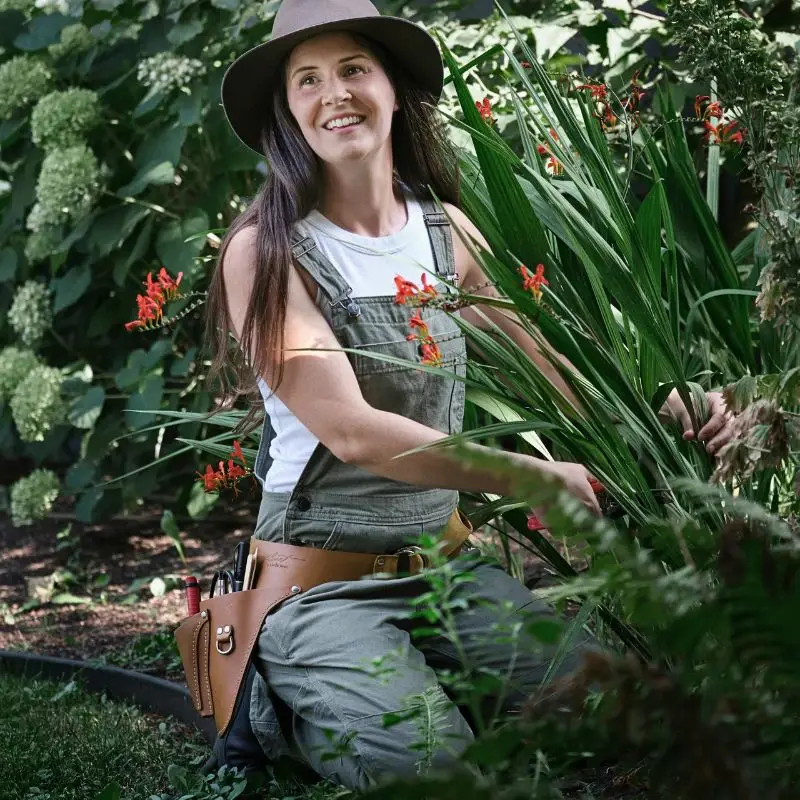Everyone knows the direct link between mental health and students' academic success. But how to achieve the necessary peaceful, harmonious condition? That's where flower gardening comes in to save the day. Mental health professionals call this activity horticulture therapy and recommend it for individuals experiencing anxiety, stress, depression, mood swings, etc. Read on to learn more about the therapeutic aspects of gardening and how to make the most out of it.
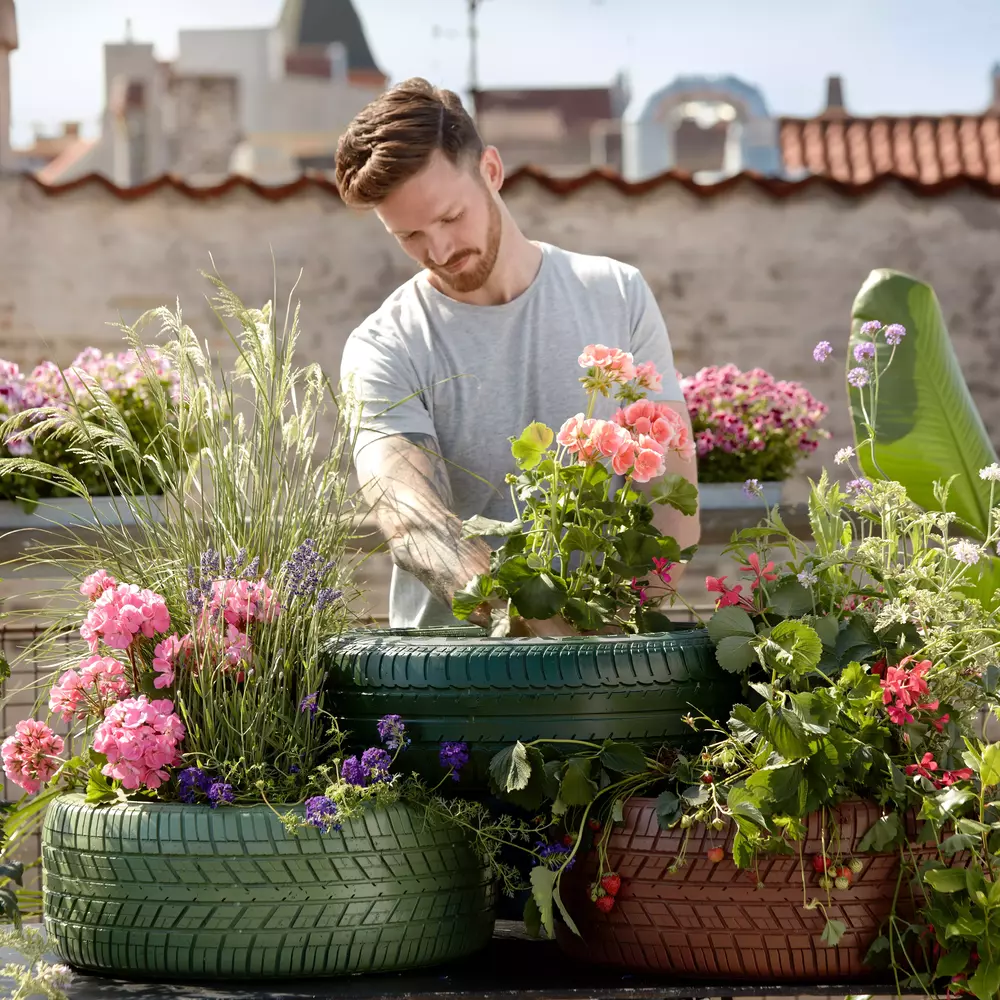
Connection with Nature
For those wondering what is flower gardening, it's, first of all, a connection with nature. Whether you care about one flower or dozens of different plants, this process restores your link with the ground and environment. In the gadget era, such activity is especially valuable. Gardening is more effective than reading a book at lowering cortisol levels (a hormone your body creates when stressed). Even if you just sit near your plant and watch it, it will help.
Practicing Mindfulness
Gardening helps us understand in practice how our efforts are bearing fruit. Literally, you plant grain in the ground, water it, provide enough light and add fertilizer if necessary. And over time, the plant thanks you with green leaves and bright flowers. A student takes similar steps while working on college projects. First, a person digs into the task details, draws up a work plan, and performs it in stages. If necessary, one can use online help with essay for students to ensure their writing shines and meets all the requirements. In the future, you can use the received paper as an example and avoid mistakes in the structure of a certain essay or coursework. Never be ashamed of getting advice or professional service if you need help with writing an essay. It's a normal and natural investment, the same as caring for your garden in the hope of seeing beautiful blossoms.
Stress Relief Activity: Joy of Caring for Plants
The joy you experience while taking care of plants brings many benefits. Who knew that becoming dirty would positively affect one's health? Regular contact with beneficial soil bacteria has been shown to improve immunity, decrease the risk of inflammatory illness, and alleviate stress. And we know that anxiety and stress in college students are common issues. One's memory and ability to solve problems are both impacted by stress. Scientific research found that the calming effects of gardens were associated with enhanced memory, attention, and problem-solving skills. It really can improve your life and bring harmony.
Easy Flower Gardening: Practical Advice and Tips
Here are the main things to consider before you create your gardening space. Flower gardening tips for beginners include three crucial categories.
Appropriate Plants
The surroundings are one of the most crucial factors to consider while designing your garden. Do some homework on which plants will thrive in your area before making the trip to the shop. Which plants might thrive in your garden depends on several criteria, including soil type and climate.
If you are unsure about these criteria, choose flowers that grow well at almost any temperature. The list includes:
- Pansy;
- Calendula;
- Snapdragon;
- Geraniums;
- Petunia;
- Dianthus.
The size and form of a plant may change as it matures. It's important to research the mature size of your potential plant selections before making final decisions. Choose flowers that won't overrun the space you've allotted for them.
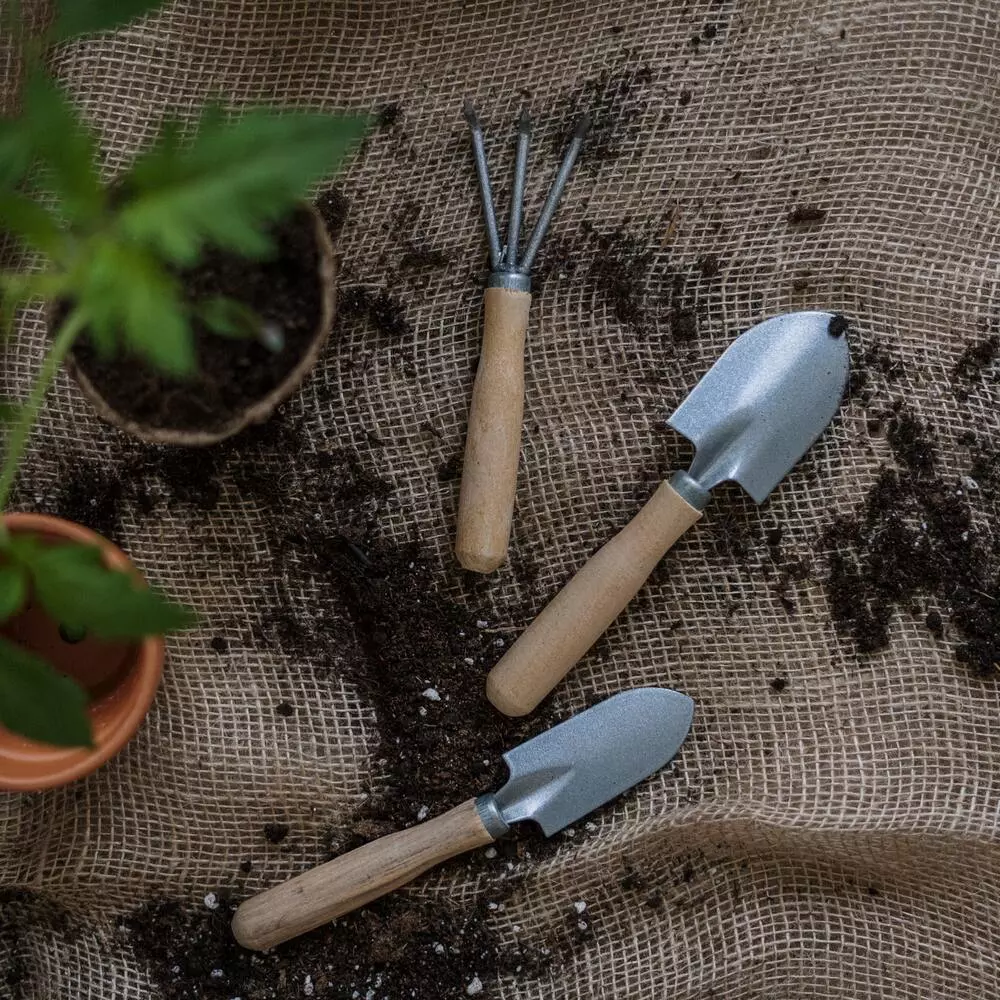
Creating a Garden Space
Start with the basics, such as a measuring tape, paper, and ruler, to get an accurate picture of how much room you have for your proposed garden plants. After settling on a location, you may start planning your flower beds.
- Want to make an impression on the neighbors? Put flowers along your sidewalk, beneath a tree, etc.
- Make it geometrical, in the form of a square, rectangle, circle, or triangle.
- Consider using tall or thick plants to hide eyesores, like air conditioners, garbage cans, and storage structures in your garden.
Caring for the Flowers
It's important to care for plants. How much sun and water do they require? Some need special attention, while others need to be clipped sometimes. Keeping all of this in mind, you'll need to decide how much effort you will put into maintaining your garden. Flowers are not immune to illnesses. Insects are another potential issue. However, there are plant species that are more immune to these kinds of dangers. Checking and learning whether plants could have better resilience to parasites and illnesses might help you avoid troubles.
Final Thoughts
Flower gardening is not only pleasant but also useful activity. It has the power to reduce stress, take anxiety and depression away, and enhance overall well-being. Such a hobby especially benefits students as it teaches mindfulness and the persistence needed to achieve academic goals. We hope our tips help you create and enjoy your beautiful, inspiring garden.

